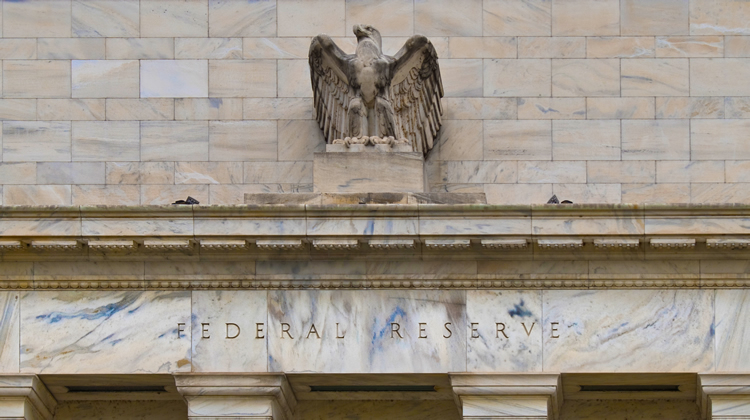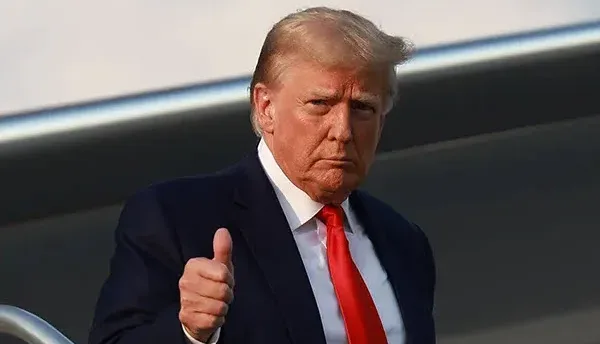On July 26, 2023, the Federal Open Market Committee (FOMC) made a significant announcement. They decided to increase the federal funds rate by 0.25 percentage points, marking the 11th consecutive rate hike by the Federal Reserve. This decision brings the federal funds rate to a range of 5.25% to 5.5%.
The Fed Chair, Jerome Powell, explained the reasoning behind this decision in a subsequent press conference. The primary goal, he stated, is to combat persistently high inflation and steer it towards the Fed’s 2% target. Powell emphasized that the Fed is not intending to induce a recession, but is prepared to take necessary measures to control inflation.
Here’s how the rate hike could impact various sectors of the economy:
- The Economy: The cost of borrowing money for businesses will increase due to higher interest rates. This could potentially slow down economic growth and increase unemployment rates, as companies might hesitate to hire new employees due to the increased costs.
- The Stock Market: With higher interest rates, stocks may become less appealing to investors as the return on investment decreases. This could result in a drop in stock prices, affecting retirement savings and other investments.
- Everyday Life: The rate hike could also affect individuals directly. Borrowing money for mortgages, car loans, and credit cards will become more expensive. This could lead to higher monthly payments and make it harder for people to afford these expenses.
To illustrate the potential impact on everyday life, consider these scenarios:
- If you have a mortgage with a fixed interest rate of 3%, an increase in rates could push your interest rate to 4%. This would result in your monthly mortgage payment increasing by approximately $100.
- If you’re planning to buy a car, the interest rate on your car loan could rise from 4% to 5% following the rate hike. This would mean your monthly car payment would increase by about $50.
What’s the opinion among experts about the Federal Reserve’s ongoing rate hikes?
There’s a split in opinion. On one side, some experts are betting on the Fed to keep pushing rates higher. They argue that inflation is still a big concern and the Fed needs to keep tightening its monetary policy to tame it. They also have faith in the Fed’s ability to steer the economy and don’t believe it will trigger a recession by hiking rates too fast.
On the flip side, some experts think the Fed might hit the brakes soon, or even start to lower rates. They point out that inflation seems to be cooling off, and the Fed might be wary of the potential economic fallout from higher rates. They also suggest that the Fed might be more anxious about sparking a recession than dealing with high inflation.
At the end of the day, the ball is in the Fed’s court. They’ll keep a close eye on the economy and tweak their monetary policy as they see fit.
Here’s a snapshot of what some specific experts are saying:
James Bullard, the head honcho at the Federal Reserve Bank of St. Louis, is predicting another 0.75 percentage point hike by year’s end. He’s of the opinion that the Fed needs to “front-load” rate hikes to get inflation under control.
Lael Brainard, the Fed’s vice chair, hasn’t ruled out the idea of taking a breather from rate hikes later this year. She believes the Fed needs to gauge the economy’s reaction to higher rates before making any calls on future policy.
John Williams, who leads the Federal Reserve Bank of New York, is advocating for a “wait and see” approach. He’s urging the Fed to be patient, watch how the data unfolds, and avoid hiking rates too quickly to prevent a potential recession.





